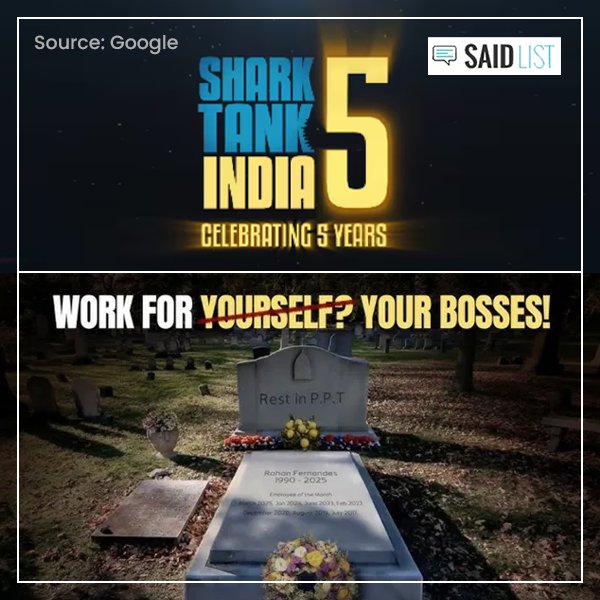Veteran actor and filmmaker Manoj Kumar, affectionately known as Bharat Kumar, has passed away at the age of 87 after a prolonged illness. The iconic figure of Indian cinema breathed his last at Mumbai’s Kokilaben Dhirubhai Ambani Hospital in the early hours of Friday, April 4, 2025. His demise marks the end of an era that shaped the golden age of patriotic and socially relevant films in Bollywood.
Manoj Kumar, who inspired generations with his emotionally stirring portrayals of love for the nation, had been battling multiple health issues over the past few years. According to medical reports, the cause of death was cardiogenic shock resulting from an acute myocardial infarction, compounded by decompensated liver cirrhosis, which had significantly worsened his condition in recent months.
He was admitted to the hospital on February 21, 2025, after his health took a serious turn. His son, Kunal, in a heartfelt message, confirmed that his father had been bedridden for a long time and passed away peacefully in his sleep. “There was pain, but I’m thankful to God that he went peacefully,” he said.
An Icon of Patriotism: Manoj Kumar’s Legacy in Indian Cinema
Born as Harikrishan Goswami on July 24, 1937, in Amritsar, Punjab, Manoj Kumar chose his screen name inspired by Dilip Kumar’s character in Shabnam. His early roles in cinema were met with success, but it was his shift to patriotic themes that cemented his place in the hearts of Indians.
His breakout patriotic role came in Shaheed (1965), based on the life of freedom fighter Bhagat Singh. However, it was Upkar (1967) — a film he also directed — that earned him the nickname Bharat Kumar. The film’s iconic line, “Mere Desh Ki Dharti”, became a national anthem of sorts during its time.
This was followed by a string of masterpieces like Purab Aur Paschim (1970), Roti Kapda Aur Makaan (1974), and Kranti (1981), all of which blended entertainment with strong socio-political messages.
Manoj Kumar’s films didn’t just entertain — they inspired pride, reflection, and action. He spoke directly to the common man’s struggles, aspirations, and love for the country. His unique blend of idealism and realism created a genre of its own.
National Mourning and Tributes From Leaders & Stars
The news that Manoj Kumar passes away has sent waves of mourning across the nation. Prime Minister Narendra Modi took to X (formerly Twitter) to express his grief, writing, “Deeply saddened by the passing of legendary actor and filmmaker Shri Manoj Kumar Ji. His patriotic zeal in films ignited a spirit of national pride that will continue to inspire generations.”
Bollywood, too, is in deep mourning. Aamir Khan, Akshay Kumar, Ajay Devgn, and filmmaker Karan Johar were among the many who paid emotional tributes. Aamir described him as an “institution in himself,” while Akshay said, “I grew up learning from him that there’s no emotion greater than pride for our country. A fine human being. Om Shanti.”
Ajay Devgn acknowledged Manoj Kumar’s role in launching his father, Veeru Devgan, as an action director in Roti Kapda Aur Makaan, calling it a turning point in his family’s cinematic journey.
Actress Kareena Kapoor Khan shared a tribute on her Instagram stories, while Farhan Akhtar wrote, “Thank you for inspiring generations. RIP Manoj Kumar ji.”
Dadasaheb Phalke Awardee and Padma Shri Recipient
Over the course of his illustrious career, Manoj Kumar received numerous accolades. He was honored with the Padma Shri in 1992, one of India’s highest civilian awards.
In 2015, he was awarded the Dadasaheb Phalke Award, the highest honor in Indian cinema. These honors solidified his place not only as an actor but as a national icon.
His films weren’t just box-office successes — they were milestones that influenced India’s cultural and political narrative.
A Difficult Goodbye: Last Rites and Funeral Details
Manoj Kumar will be laid to rest on Saturday, April 5, 2025. As confirmed by his son, the family will leave the hospital at 9:00 am, visit their residence by 10:00 am, and proceed to Pawan Hans cremation ground by 11:00 am for the final rites.
The atmosphere is expected to be filled with sorrow, but also pride, as the nation bids farewell to a man who lived his life on screen and off with deep patriotism and purpose.
A Filmmaker Ahead of His Time
What made Manoj Kumar truly exceptional was how ahead of his time he was. While others chose commercial routes, Kumar dared to be different. His movies tackled themes of national identity, rural poverty, war, Westernization, and social inequality.
His signature storytelling style involved lengthy monologues, poetic dialogues, and the consistent use of symbolism — such as the mother figure representing Bharat Mata. Even decades later, his messages ring true.
The Man Behind the Camera
While many remember him as the man with deep eyes and a deeper love for his country, Kumar was also a visionary behind the camera. His direction in Upkar, Shor, and Kranti was as influential as his acting. His knack for visual storytelling, combined with emotionally rich soundtracks, made his films unforgettable.
Songs from his films — “Mere Desh Ki Dharti,” “Main Na Bhoolunga,” and “Kranti Kranti” — continue to echo in India’s collective consciousness.
A Lasting Influence on Cinema and Culture
The phrase “Manoj Kumar passes away” may be trending today, but his influence will never fade. Generations of filmmakers, actors, and audiences owe a part of their cinematic understanding to his work.
In an era of increasing commercialism in cinema, his films remain a reminder of purpose-driven art. His influence can be seen in modern patriotic films like Rang De Basanti and Swades.
He showed us that films could be powerful tools of national and personal transformation.
Final Thoughts: Bharat Kumar Lives On
As India mourns the loss of a cinematic legend, the legacy of Manoj Kumar lives on. He wasn’t just an actor or a director — he was a storyteller who told India’s story with honesty, passion, and unwavering dedication.
His passing may mark the end of an era, but it also reminds us of the timeless power of cinema. As we bid goodbye, we remember not just the man, but the spirit he evoked in every Indian — the spirit of Bharat.
Rest in peace, Manoj Kumar Ji. You may have left this world, but your films, your passion, and your voice will echo through generations to come.











